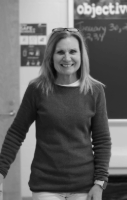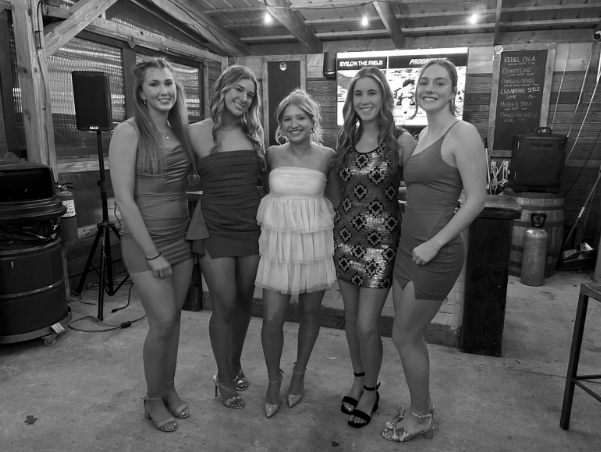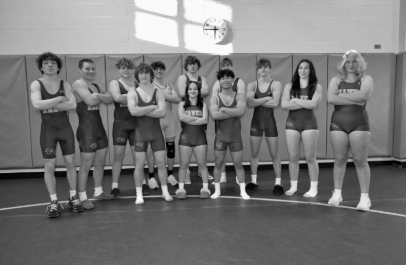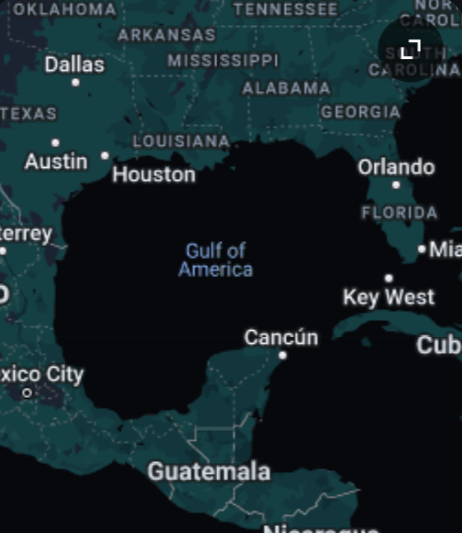MBTI personality test theory; Teachers’ results, opinions
February 17, 2022
The Myers-Briggs Personality Type Indicator (MBTI) is a self-report created by Isabel Myers and her mother Katharine Briggs and based on Carl Jung’s theory of personality.
The test was initially created as a “child-rearing tool,” according to Merve Emre of Oxford University, author of Personality Brokers, an in-depth look into the MBTI test, in an interview with Wharton. Briggs was “interested in how one can type one’s children very early in life and figure out what they should specialize in.”
There are 16 personality types, differentiating between introversion or extraversion (IE), sensing or intuition (SN), thinking or feeling (TF), and judging or perceiving (JP). For example, ENTJ (extraversion, intuition, thinking, judging) would be someone who regains their energy around others.
Introverts regain their energy alone and prefer to stick with just a few people. Extraverts regain energy around others and prefer to know many people. Most people are not entirely one or the other, but the MBTI test will put you on the side you most closely align with, according to the Myers & Briggs Foundation.
People who process information through their five senses prefer to look at the world in a pragmatic sense. They trust experience before words. People who are intuitive prefer to look at new and different things. They like to see the big picture before the facts.
For decision-making, those who listen to what they are thinking do not let any opinions or feelings influence their objective choices. On the other hand, those who use what they are feeling take into account what would make everyone happy and dislike hurting other peoples’ feelings.
For living life, people who prefer structured lifestyles are judging, while those who are more impulsive and prefer an adaptive lifestyle are perceiving. “This pair describes whether you extravert (act in the outer world) when you are making decisions or when you are taking in information,” the Myers and Briggs Foundation explains.
History teacher Ben Scarborough took the test and saw that he was an INTJ, most similar to the mastermind, commander, and counselor. “I think the test can be beneficial for individual self-reflection and personal growth,” Scarborough says. “I find psychology a fascinating subject, but I don’t have much experience with it myself.”
Government teacher Jessica Siegel took the test and was an ESFJ, being the provider, supervisor, and teacher. “I think knowing the type of personality you are can help you in the way you interact with other people [and] the way you interact with students,” Siegel says. “Knowing other people’s [results] may explain why they interact with people in certain ways.”
Social studies teacher, Charles Selfe is an INTJ, described as quick-witted and constantly analyzing. He says the test “pretty much nailed it,” confirming that he has “a thirst for knowledge,” and always tries to find better ways to do things.
“I have a beef with the psychological community because they take the stuff as gospel, and it’s not,” teacher Mr. Brian McCormack says. “The predominance of social and psychological studies can’t be replicated. Humans are far more dynamic. I might have one personality type, but you hit me on a day where I didn’t have my coffee, and it’s going to change a little bit. And over time we change.” He believes personality types differ and are not effectively covered by the sixteen in the MBTI test.
“My background is in marketing. There are many times when they come out with a great new product [and claim] ‘our research says this is what consumers want.’ Six months later it’s off the market,” McCormack elaborates. “They don’t know what people want. People don’t know what they want.”
He recalls applying to be a Rite Aid manager. “They wanted to see what your personality was like. Having talked to people afterward, what they want is somebody to come in, do exactly what they’re told, and not make any decisions on [their] own,” McCormack says. “They are looking for a personality type that is very compliant and doesn’t take risks. I didn’t get the job.”
















